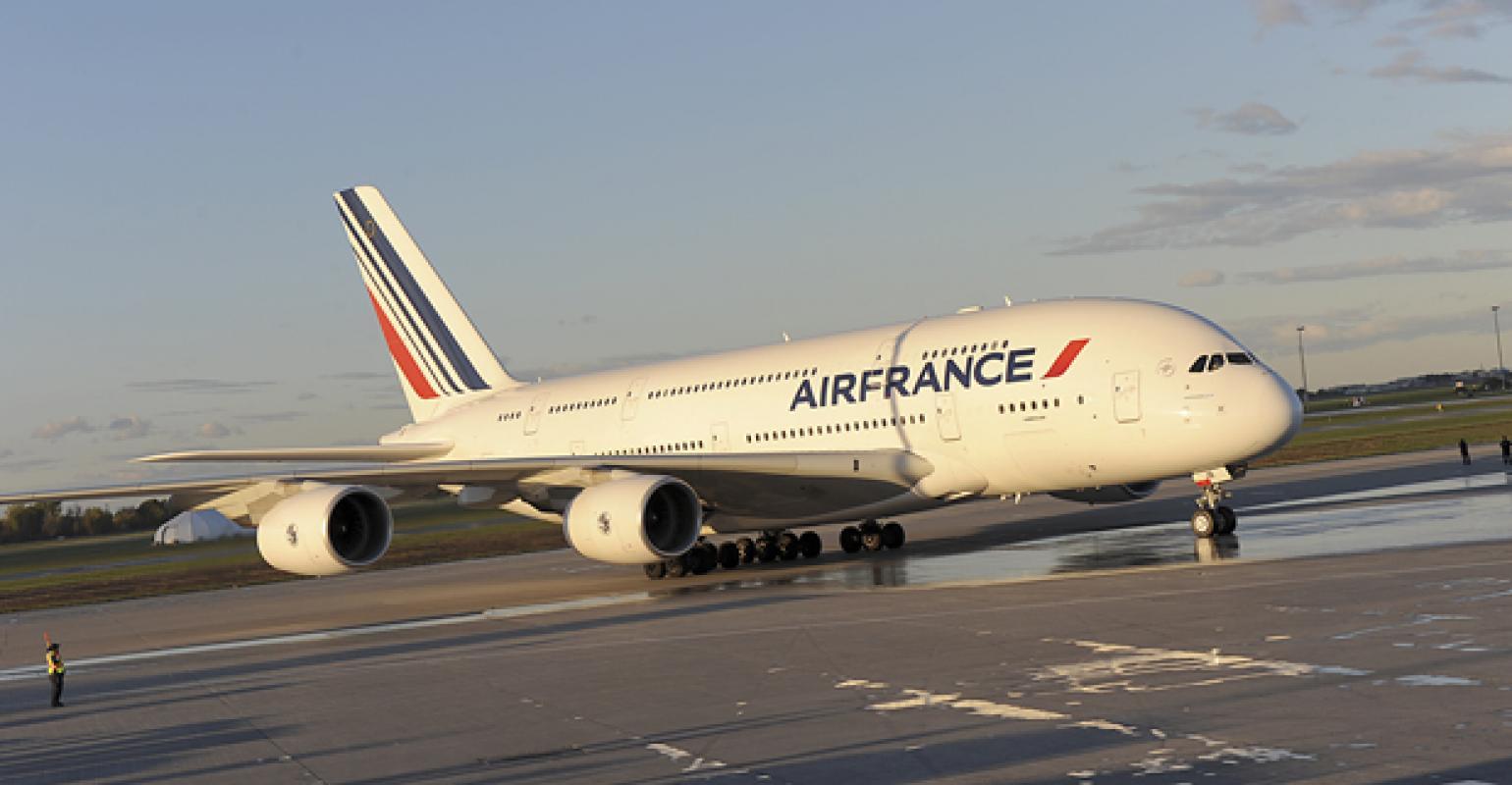
A380 investors were never likely to receive much Christmas cheer once the end of the program was announced earlier this year--a point again underlined by analysis from Scope Ratings.
Although the agency noted that the recent decision by Emirates to follow Singapore Airlines and Air France and retire its A380 fleet, albeit gradually, had “not fundamentally changed the prospects for investors in the A380 funds,” says Scope. It adds that investors should expect low-single-digit returns rather than the high-single-digit percentages predicted when funds to invest in the superjumbo first appeared.
Scope also reiterated its position that due to a “near-zero secondary market” for A380s, their value now rests on what their owners can get for parts.
“Interestingly, the prices of funds whose A380s are already in a part-out--selling the aircraft for their parts--have risen slightly from previous lows: the process has provided investors with greater certainty in the context of the expiry of the aircraft leases,” says Scope analyst Frank Netscher.
The best part-out returns are likely to accrue to those A380s taken apart the soonest, since every aircraft scrapped means higher supply and lower demand for second-hand parts.
German investors have invested around €1.6 billion ($1.7 billion) in 21 A380s through closed-end funds. One of these is the Dr. Peters-managed DS 129, whose shareholders agreed to part out its first A380 once the lease expired in 2017.
In 2018 Dr Peters predicted parts revenue of around $70 million from each A380. Two dismantling events have been completed thus far, including one from DS 129, with the parts sales process expected to take two years.
Thus far, however, each scrapped A380 has generated only $19 million, with the prices of parts awaiting sale only likely to fall as more A380s head to the chop shop.





